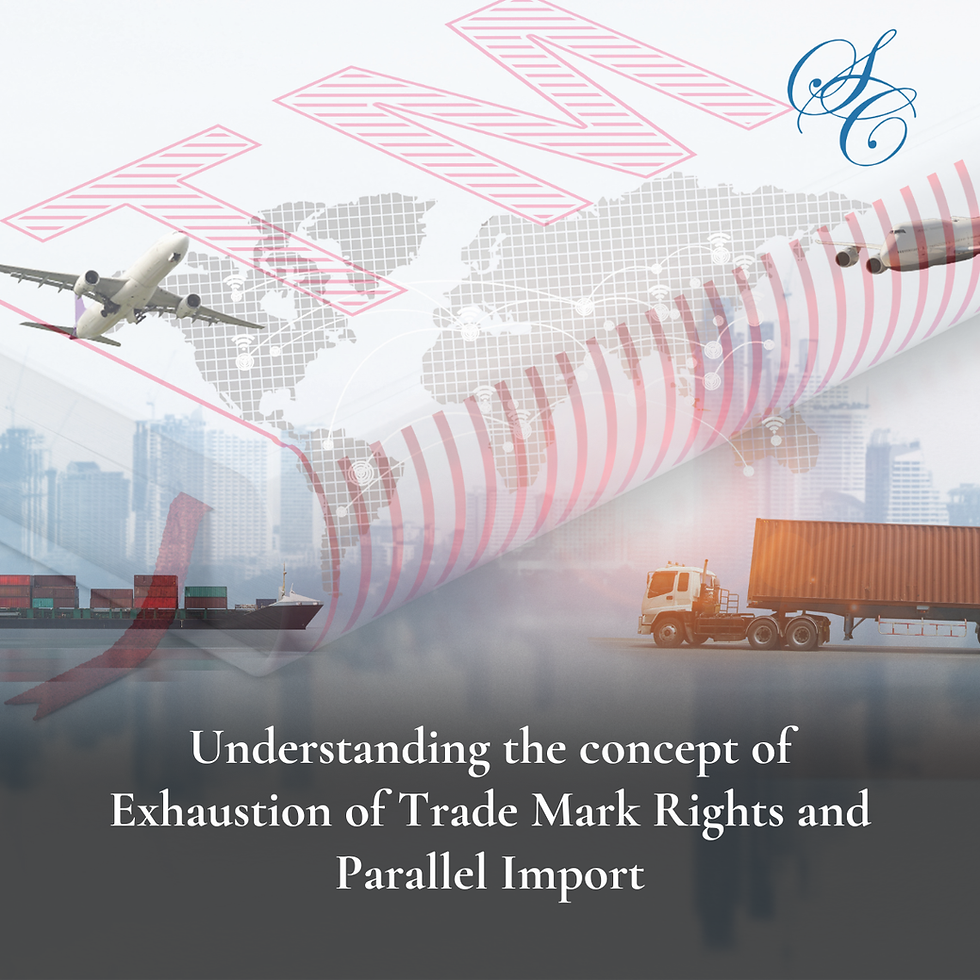Proposed Copyright Amendment Rules, 2019: Our Perspective
- Sarwajeet Singh
- Jun 14, 2019
- 2 min read
Recognizing that the rules governing the Copyright Act, 1957 (“Act”) need modernizing in this digital era, on May 30, 2019, the Government of India published proposed amendments to the rules. These draft rules are open for comment by the public until June 29, 2019.
It appears that the draft rules flow out of the Bombay High Court’s recent judgment in Tips Industries v. Wynk Music, in which the court held that broadcasting via the Internet is not covered by the law on copyright, and it is clear that broadcasting licenses are only intended for radio and television broadcasters. The draft rules are, therefore, heavily focused on bringing in non-traditional broadcasters, such as web content generators and online streaming websites into the ambit of the law relating to copyright. If the rules come into effect, non-traditional broadcasters will require to obtain statutory licenses from, and pay a license fee, to a content owner. This could potentially ensure greater growth in India’s online content and streaming market. However, it is pertinent to note that the provision in the underlying law that governs statutory licenses continues to state that statutory licenses can only be granted to television and radio broadcasters. Since rules themselves are intended to supplement the underlying law, it will be interesting to see how litigants, especially internet broadcasters, interpret the Act and the amended rules, if and when they are implemented, in light of the clear inconsistency between the two.
Some of the other amendments sought to be introduced by the draft rules are digitization of the entire copyright application process, the disbanding of the Copyright Board and grant of all powers to the Intellectual Property Appellate Board to decide disputes pertaining to statutory licenses and other matters, and measures to increase transparency in the working of the Copyright Societies.




Comments